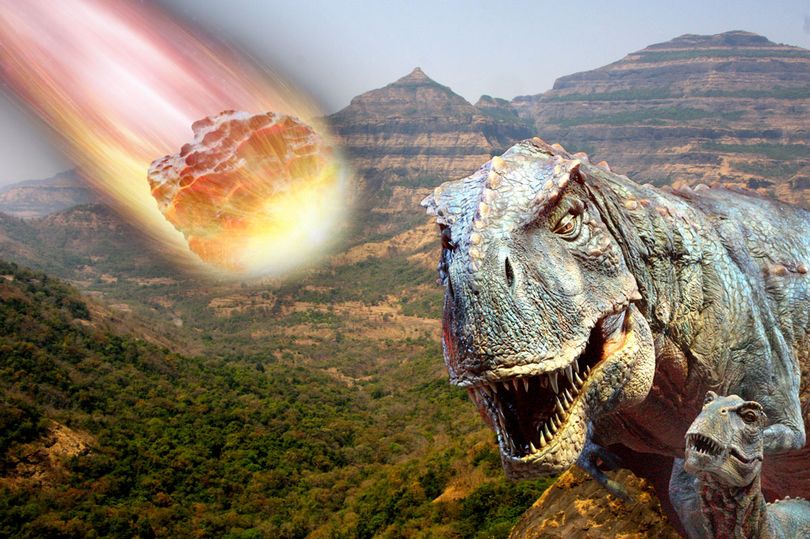.
As soon as we went into lockdown (the first time), I began missing the art life. I wondered when galleries would reopen. I wondered when borders would reopen and artists and curators from elsewhere would be visiting, bringing energy and information. I wondered when I might be back on planes, visiting art capitals, grazing biennales, doing business. Now I’m thinking—if and when borders reopen—will there even be biennales, art capitals, and art as we know it? Will the game have changed, fundamentally?
Isolation has always been a problem for New Zealand artists. Last century, they enjoyed local careers—international opportunities were exceptional, the icing. But, in the last twenty years, our art system has become predicated on working internationally, changing the scale and scope of our art—the dynamics of production and reception, the rewards. Consider Mata Aho, whose work was picked up early for Documenta and is now shaped by international exhibitions and the opportunities they bring. Internationalism has enabled our artists to be part of more complex and more specialised conversations.
Since 2001, New Zealand has been sending artists to Venice to help springboard them (and us) into the international discussion, the big league. In 2019, we sent Dane Mitchell. His show Post Hoc—tellingly concerned with things that have become extinct—was immediately followed by the pandemic. Like many of our successful artists, Mitchell faces losing momentum as opportunities to work internationally dry up, making it hard to capitalise on Venice. The timing couldn’t be worse for him. Indeed, the pandemic’s implications may hit hardest our most ambitious artists—who have already outgrown what New Zealand can offer, resource-wise, audience-wise.
What can be done? I was once advised that there are three responses to crises: resist, succumb, and exploit. Should we stay the course with our internationalism (double down)? Should we adjust to having a more intimate, enclosed, domestic scene (as in the 1980s, say)? Or are there also opportunities hidden in our current fraught moment? What role will agencies and individuals play in fronting this discussion and in the work that follows?
•
